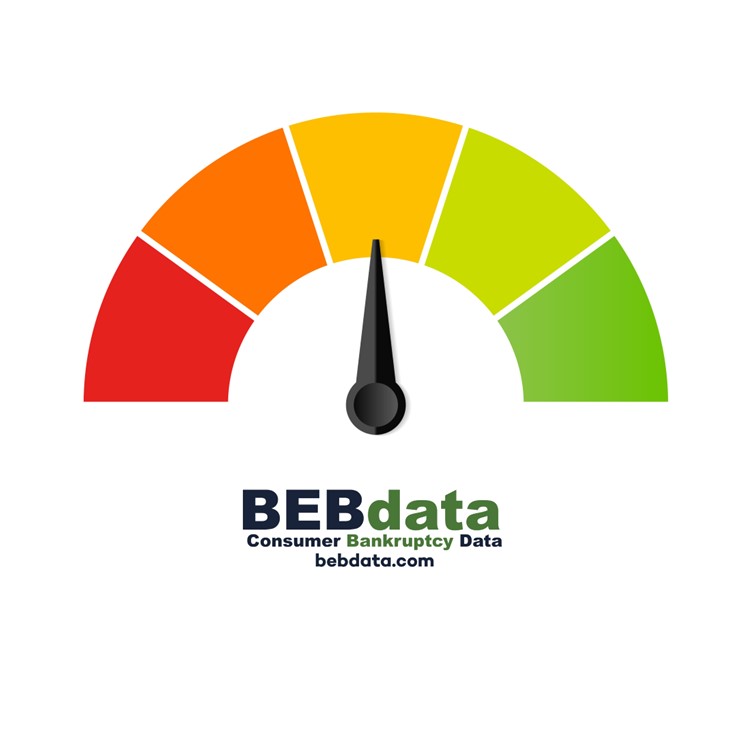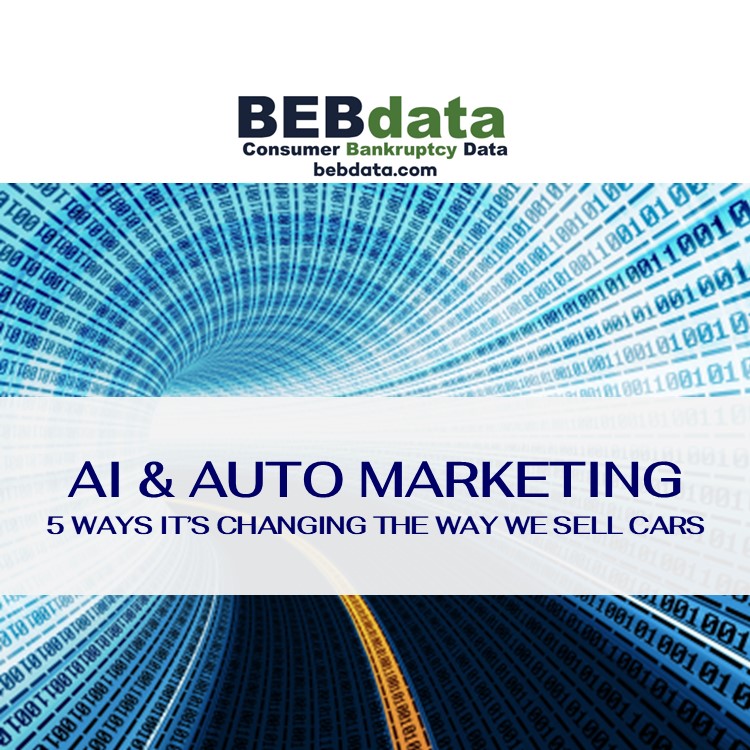 The initial excitement surrounding electric vehicles (EVs) has given way to more subdued sales figures, while traditional hybrids have experienced significant growth. In 2024, Toyota alone sold nearly one million hybrids, accounting for 6% of total vehicle sales. By most industry estimates, the overall share of EV sales across all brands reached approximately 10%.
The initial excitement surrounding electric vehicles (EVs) has given way to more subdued sales figures, while traditional hybrids have experienced significant growth. In 2024, Toyota alone sold nearly one million hybrids, accounting for 6% of total vehicle sales. By most industry estimates, the overall share of EV sales across all brands reached approximately 10%.
As the automotive industry approaches 2025, uncertainties related to political developments could further complicate the landscape for electric vehicles.
Despite mixed messages in the media about EVs, awareness and acceptance of the technology are rising among consumers. A recent study conducted by CDK revealed that the percentage of gas vehicle shoppers willing to consider an EV in the future increased from 18% last year to 31% this year. Among hybrid shoppers, the willingness to switch to an EV jumped from 38% to 54%.
Additionally, consumers purchasing gas vehicles are gaining a better understanding of EV technologies, including aspects such as driving range and the availability of charging infrastructure in their areas.





